
Ahmed Musa wore the number 7 jersey throughout his career playing for the national team of Nigeria, the Super Eagles. He follows in a long tradition of wingers playing from the right flank of attack that were established goal scorers as well as a menace to opposing defenders.
The list of those that played with distinction using that lucky numbered jersey is impressive – Lawrence Babalola, Muyiwa Oshode, Emeka Onyedika, Wole Odegbami, Sam Okpodu, Finidi George, Tijani Babangida, Pius Ikedia and a few others.
I also wore the number 7 jersey with and share some particular traits with Ahmed Musa. Like me, but not in the same numbers, he scored many goals from the wings, 4 during two World Cups (the highest by a Nigerian in World Cup history).
Also Read: Ahmed Musa Hints At NPFL Return
Like me also, he was the national Captain. Like me he was a winner only once even though he attended several more AFCONs and managed to score only a single goal. I scored 6 goals in 2 AFCONs.
Beyond the above commonalities, Ahmed went ballistic – he is the most capped player in Nigeria’s history, holder of two national honours (MON, and OON), professional player in Europe, Russia and Middle East.

Finally, he is the only Nigerian player to return to his country to play in the domestic league on the eve of retirement from the game. Ahmed has done so, not once but twice.
It is in the news now that, 6 months after departing the national team and not securing a contract to play for any team abroad, he will be rejoining his former team, Kano Pillars FC, this season and intends to leverage on that ‘project’ and play his way back to the Super Eagles for the 2025 AFCON in Morocco.
He is taking a big risk. Most before him did not tow that path. Indeed, only very few players in Nigeria’s football history have returned to the country to play and to end their careers there. Probably, none succeeded and left a mark. Not even the great Rashidi Yekini who returned to the field of play after 5 years in retirement. He lasted less than a season with Gateway Football Club of Abeokuta. He could not find his feet. Why?
Also Read: Vigil For The Super Eagles! –Odegbami
The other big questions for the country are:
Why do returning players not successfully retire into the Nigerian League?
What are the players like Jay Jay Okocha and Mikel Obi afraid of?
Most professional players from South America who go to Europe to play professionally would usually return to their country to play out the final years of their careers, sharing their experiences with the locals and helping to boost the business of football in those countries whilst riding on the back of their reputation in Europe.
But not Stephen Keshi, Augustine Eguavoen, Celestine Babayaro, Uche Okechukwu, Ben Iroha, Finidi George, Kanu Nwankwo and a whole army of great Nigerian exports whose return would have electrified the domestic league and taken it to new heights.
What really are so unattractive about the domestic league?
Whatever is making Ahmed Musa to enthusiastically tow that less-travelled road, and even hope to use it to return to the national team?
Now, back to this unanswered questions about the leagues.
The first obvious problem is that the domestic league and clubs cannot pay salaries comparable in any way to what players earn in Europe. Indeed, what clubs offer players here will be change-money for returning professionals.
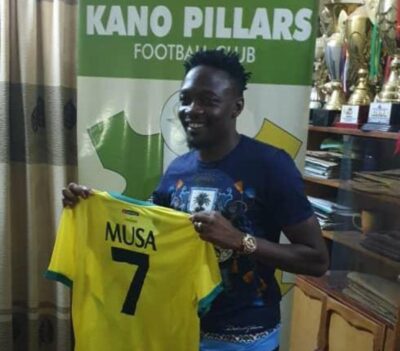
Secondly, playing good football on poor grounds in Nigeria would be difficult for players used to playing on the lush green grass fields of Europe.
Also Read: Augustine Eguavoen – A Pleasant Dilemma For NFF –Odegbami
Playing on available grounds would become a nightmare, just as Rashidi Yekini, Dan Amokachi and a few others that ventured, found out.
Today, there is no football club ground in the entire professional league that is of a quality suitable for Grade A CAF and FIFA matches. That is tragic for returning players.
Thirdly, traveling to match venues around the country is uncomfortable and perilous except for one or two private clubs that fly to a few venues. Most trips are still done by road.
Finally, most of the clubs in the league are still directly or indirectly owned and funded by State governments, including Kano Pillars where Ahmed Musa will perch and play his football. The players become pawns in the hands of political appointees that manage the clubs.
There are several other mitigating factors, but the reality is that despite all the great effort of the present league managers, there is still a long way to go for the domestic league to provide a conducive platform for returning professionals to play, enjoy their football and help the league to grow.
So, aside from commending Ahmed Musa for his bold and audacious move, this is also wishing him the very best of luck in this his ambitious new adventure.



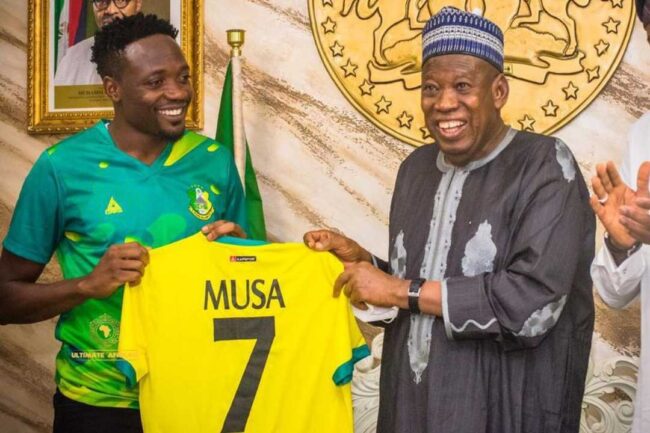
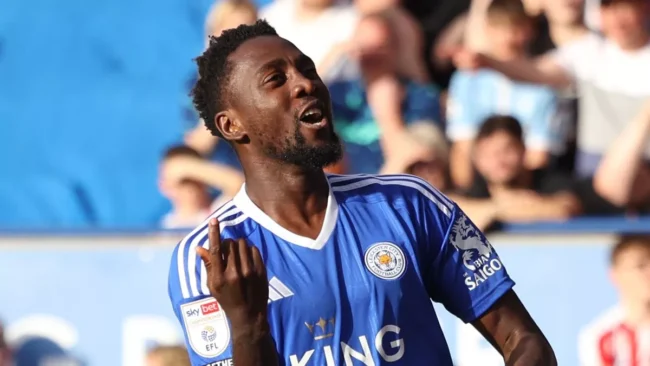
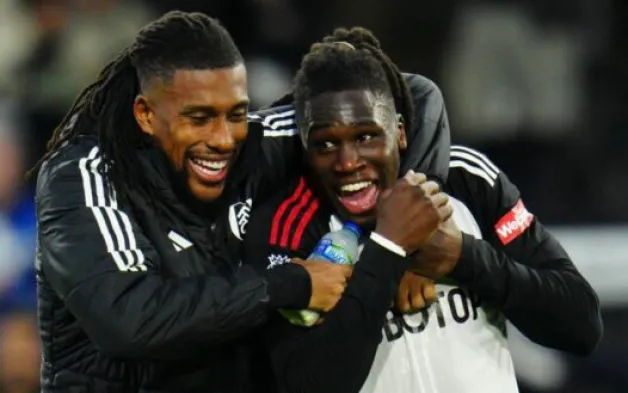
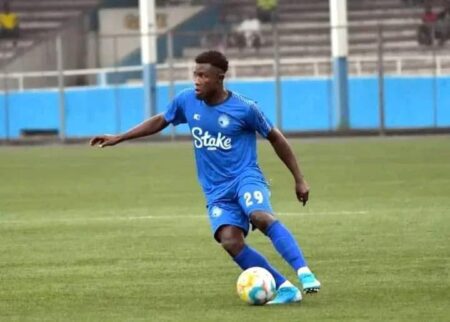

1 Comment
Old age don come you no know wetin to write again.